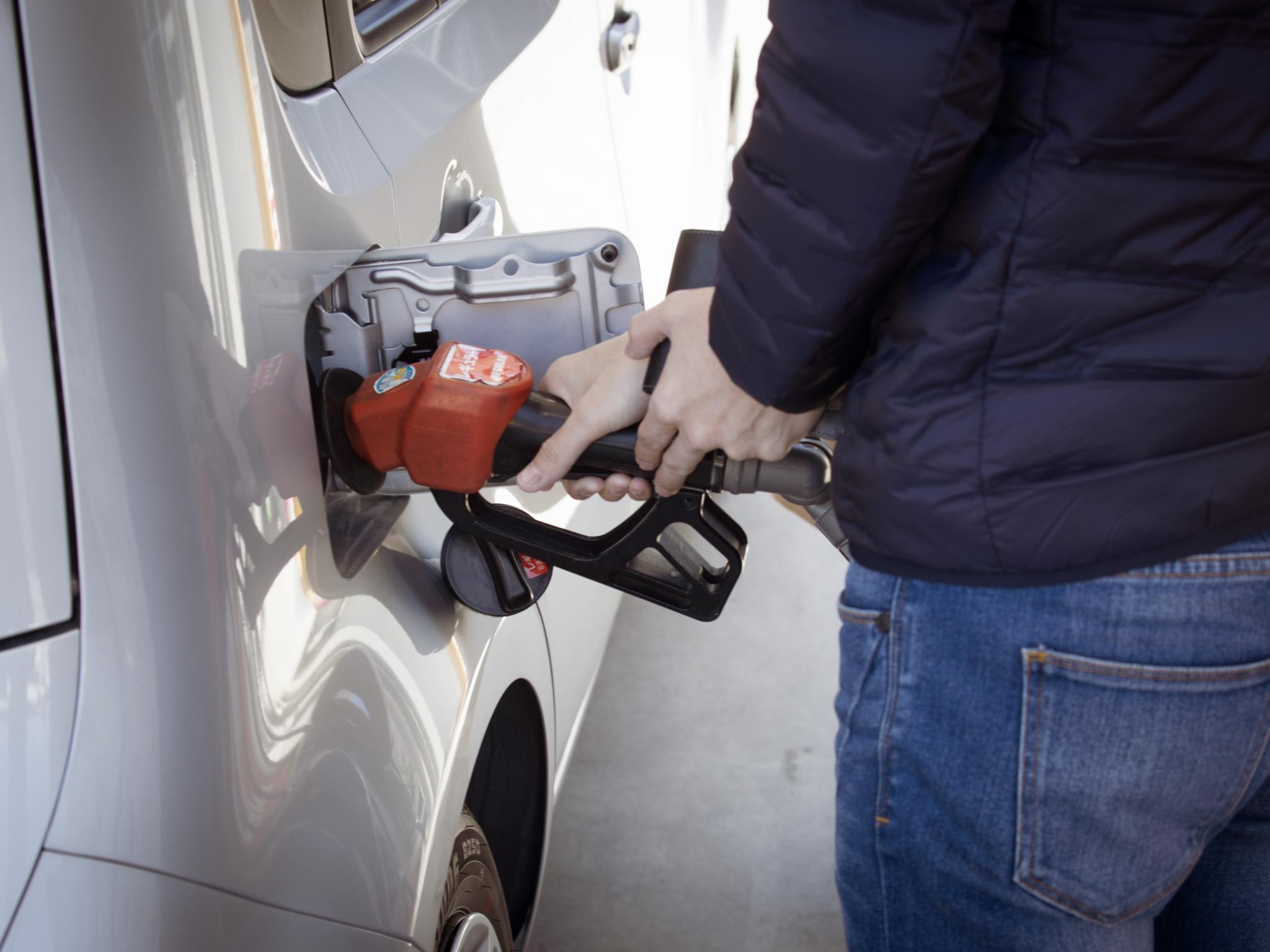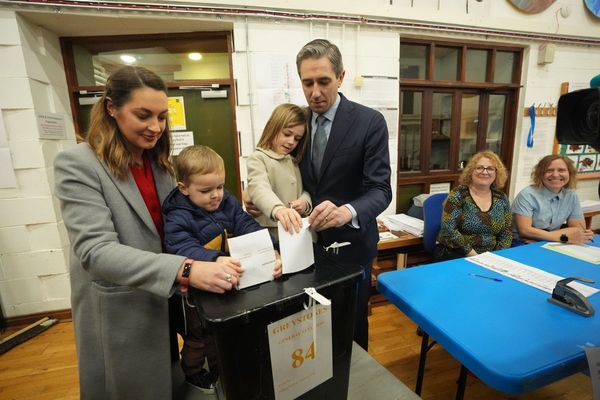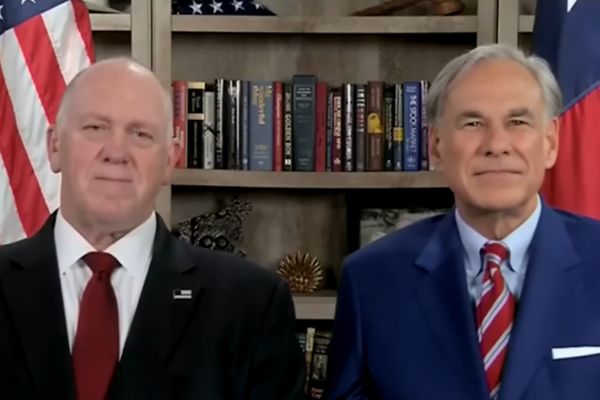
Save your wallet from sky-high gas prices by researching money-saving tips and tricks. For many drivers, gas remains a necessity, so make the most out of each trip to the pump by using fuel rewards, strategic driving, paying in cash and remaining open to new money-saving options such as mobile applications.
Strategic spending such as getting the most out of rewards programs and cash-back credit cards can lessen the financial strain created by high gas prices. Consider combining strategies with mindful driving habits to save money before you even open your wallet at the gas pump.
5 Ways to Save Money at the Gas Pump
Fuel prices are high, but your overall gas pump anxiety doesn't need to be. Consider using one or all of these helpful tips to try to bring down the final price that you will pay at the pump.
Use Those Fuel Rewards
Credit cards, gas brands and grocery stores offer discounts, rewards or cash-back offers tied to paying for gas. Credit cards can offer fuel-related rewards that decrease your final total at the pump while offering rewards.
Stronger credit cards provide fuel rewards such as up to 5% in savings. Top credit cards for fuel rewards usually do not charge annual fees. Fuel rewards offered by traditional credit cards can extend beyond the pump by offering cash-back and bonus rewards. In contrast, credit cards intended to be used at specific gas stations will likely be easier to obtain than a traditional credit card. For example, the credit card application for specific gas brands will most likely have more relaxed requirements than those associated with typical credit cards. Gas brand-specific credit cards offer rewards designed to incentivize individuals to visit frequently and can quickly add up to large savings for frequent drivers. A potential drawback for people interested in obtaining a credit card associated with a certain gas station is that such cards often only work at affiliated locations.
>> Click Here for the Best Gas Credit Cards of 2022
If you have lower credit, secured credit cards can allow you to obtain rewards on gas payments. Secured credit cards are credit cards that need a deposit to determine your credit line. A secured card is typically easier to obtain for individuals with a low credit score because it requires a minimum deposit that acts as a form of collateral for the bank.
Drive Strategically
Drive strategically to reduce the amount of gas that you use throughout the week. Before heading out on the road, consider combining errands that are close together or purchasing items from a one-stop shop to decrease the amount of time spent driving between places.
In addition, consider exactly how you drive in terms of your level of forcefulness. Aggressive driving — hard acceleration and rough braking — tends to use fuel less efficiently and more quickly wear down your car.
Simple maintenance tips can also improve fuel efficiency, so be aware of your tire pressure when out on the road. Deflated tires can lower fuel efficiency and decrease the longevity of your vehicle while also being unsafe. For example, low tire pressure increases the likelihood of your tires overheating, which can potentially blow a tire. Proper maintenance saves money while also increasing your safety on the road.
Use Mobile Apps to Find Cheap Gas
Take advantage of technology and use a mobile application to help save money on gas. Certain mobile applications like GasBuddy allow you to find specific gas stations in your area with lower prices that meet your specific needs. For example, the mobile app allows users to filter the results using specific interests such as the type of fuel or brand of gas. Mobile apps can prove beneficial when heading out on a road trip or deciding which gas pump will offer you the most bang for your buck. If you are interested in helpful discounts, consider the benefits of joining a rewards program or signing up for a mobile app that has a sign-up bonus.
Pay Cash for the Savings
Paying in cash often lowers the price per gallon that a person spends at the pump. Usually, gas stations display a sign that explains the difference in prices between paying using debit or credit as well as paying using cash. For example, many gas stations have lower prices for a person that intends to pay cash. The lower prices are offered as an incentive for individuals to purchase gas using cash so that the gas station can avoid paying the processing fees associated with credit cards. Although lowered prices provided on all fuel types when paying in cash are typically only a few cents, the discounts have the potential to accumulate over time for a person that continuously pays for gas using cash.
Refuel at Night or in the Early Morning
Fueling up your tank at night or in the early morning can help with fuel efficiency because fuel tends to expand with heat. When gas becomes heated, it tends to expand and the vapor increases. However, at many gas stations, gas is stored in underground tanks, so the temperature variation throughout the day mildly impacts the gas stored within the actual tanks. Filling up in the early morning or late at night can save you from the longer gas pump lines that tend to happen during more highly trafficked hours of the day. Avoiding peak fill-up times has the ability to save you time as well as gas that would likely be spent idling as you wait in line for the pump.
Save Money at the Gas Pump
Saving money at the gas pump can reduce the financial burden on your shoulders and better safeguard your wallet from overspending. Take advantage of the wide range of fuel rewards programs associated with specific gas companies, grocery stores and traditional credit cards. Such rewards programs can reduce your bill over time and allow you the freedom to spend your money elsewhere. Small actions have the ability to add up, so keep your car in good working order, have your tires properly inflated and drive in a mindful manner.
Frequently Asked Questions
When deciding how to put gas in your tank, contemplate the benefits of fueling up your tank all the way. Examine your specific car to understand if it requires a certain type of fuel while researching local gas stations with the lowest prices.
Why should you fuel your tank all the way up?
It’s recommended to completely fill your tank when you are at the pump. The initial fee might seem substantial given the current price of gas, but it’s still considered better in the long run. Fully fueling your tank can help you in a sudden emergency or unforeseen event by allowing you to travel farther without needing to waste time stopping for gas. Avoid overfilling your tank because that has the potential to harm your engine.
Should you drive your car until the tank is almost empty?
For multiple reasons, it’s not recommended to drive your car to the point that your tank is almost empty. One key reason is that the sediment that’s settled to the bottom of your gas tank could get pulled into the motor. In addition, having minimal gas in your tank could ruin your fuel pump if you end up running out of gas. Over time, running out of fuel will decrease the lifespan of certain car parts. If possible, try to keep your gas tank above 25% full to avoid having your motor suck in sediment and to also account for unplanned or extended drives.







